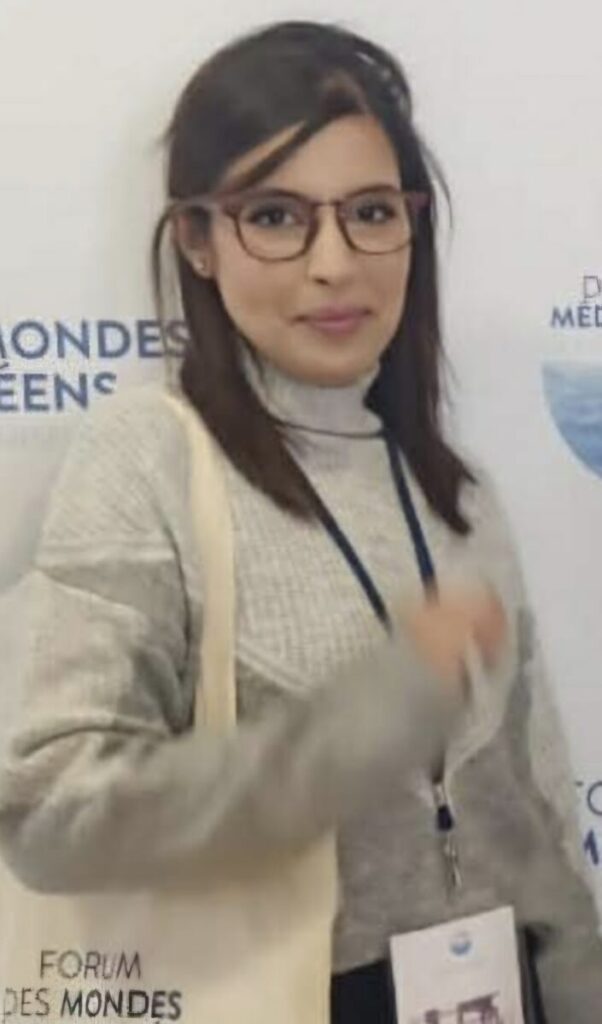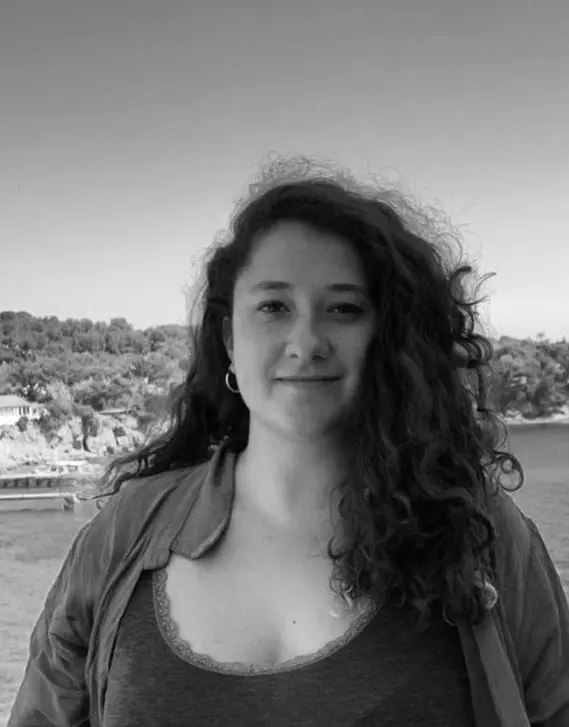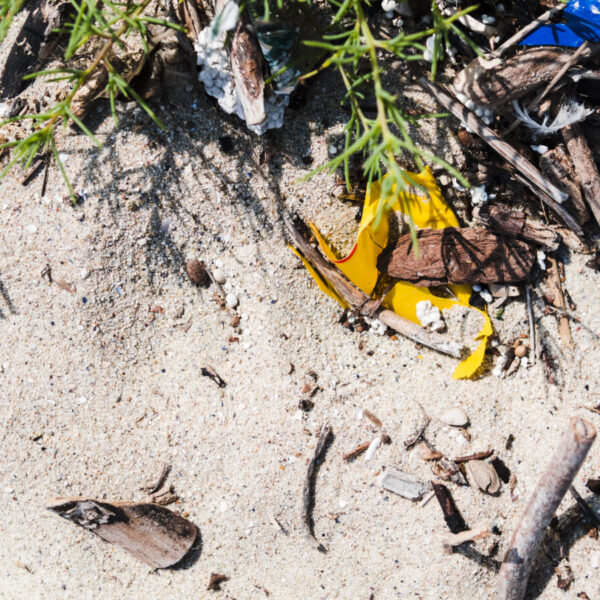With a closed sea, the Mediterranean concentrates pollution. At the heart of the problem: waste, the management of which remains uneven from one shore to another. Between local initiatives and national strategies, scientists and associations are raising alarms about the risks to the environment and biodiversity. They call for rethinking waste management as a lever for ecological transition. Illustrated with France and Algeria.
This article is a summary of 3 interviews with scientists published in 22-med in June 2024. A dialogue between Justine Viros, a scientist specializing in the Mediterranean forest and forest-atmosphere chemical interactions within the framework of climate change, a Research Engineer within the Interdisciplinarity mission of Aix-Marseille University, and Mélissa Kanane, a Doctor in ecosystem protection specializing in waste management and a part-time lecturer at the University of Tizi-Ouzou in Algeria. These 3 interviews can be found in the 11 languages used on the site.
The Mediterranean is one of the most polluted seas in the world. 80% of this pollution comes from land: rivers, winds, and watersheds carry waste to the sea, where it accumulates. While 10% of it is visible (cigarette butts, packaging...), 90% is invisible: microplastics that infiltrate everywhere, even into the seabed. This pollution directly affects ecosystems: ingestion of plastic by wildlife, contamination of soils and groundwater by toxic leachates from poorly managed landfills, disruption of the food chain. Every year, more than 1.5 billion marine animals die due to plastic waste. And humans are not spared: heavy metals, persistent, end up in our food and water.
Algeria: between a failing system and local solutions
With over 11 million tons of household waste produced each year, Algeria faces a major environmental and health challenge. The national scheme still relies primarily on mixed collection and landfill in technical centers, often poorly controlled. The result: toxic leaks, soil pollution, and poor waste recovery.
However, alternatives are emerging. In Kabylie in particular, local initiatives focus on source separation, composting, and recycling. Village committees collaborate with waste treatment companies and train young people in these practices. More than 60% of household waste there is organic, and therefore easily recoverable.
The pathways to improve the situation are known: sorting infrastructure, composting, recycling, the polluter pays principle, but also coordination between public actors and citizens. It is essential that political will follows.
France: when abundance hinders sorting
On the other side of the Mediterranean, France faces different but complementary challenges. The level of consumption generates a large amount of non-organic waste, often packaged. Sorting is mandatory but remains ineffective: in the South-PACA region, which is at the forefront of modernity, performance is below the national average.
Associations like Clean my Calanques or MerTerre compensate for institutional shortcomings through awareness campaigns, citizen clean-ups, or educational programs. The diversity of waste types, the distance between producers and treatment sites, and the low accountability of industries further complicate management.
To change behaviors, awareness remains crucial. Cultural anchoring, living conditions, and public policies play a major role in adopting the right sorting reflexes.
For a common response to Mediterranean challenges
Waste management is as much an environmental issue as it is a social and cultural marker. From organic waste to plastic packaging, they reveal our lifestyles, political priorities, and economic choices. In the Mediterranean, a shared sea, they become a common challenge.
The Barcelona Convention, signed in 1976, lays the foundations for joint environmental governance. But efforts must go far beyond texts. Regional cooperation, education on consumption, support for citizen initiatives, and innovations like phytoremediation are all levers for progress.
A sustainable future will require cross-cutting policies, rooted in local territories, and a collective awareness: the sea is a mirror of our waste, but it can also become a reflection of our commitments.
Biography

Melissa Kanane: Doctor in ecosystem protection specializing in waste management and part-time lecturer at the University of Tizi-Ouzou in Algeria. Her work focuses on the quantification, identification, characterization, and recovery of household and similar waste.

Justine Viros: Scientist specializing in the Mediterranean forest and forest-atmosphere chemical interactions within the framework of climate change. She currently holds a position as a Research Engineer within the Interdisciplinarity mission of Aix-Marseille University, where she is responsible for development for the Neede Méditerranée association.

Cover photo: The Mediterranean concentrates pollution, 80% of which comes from land © DR
